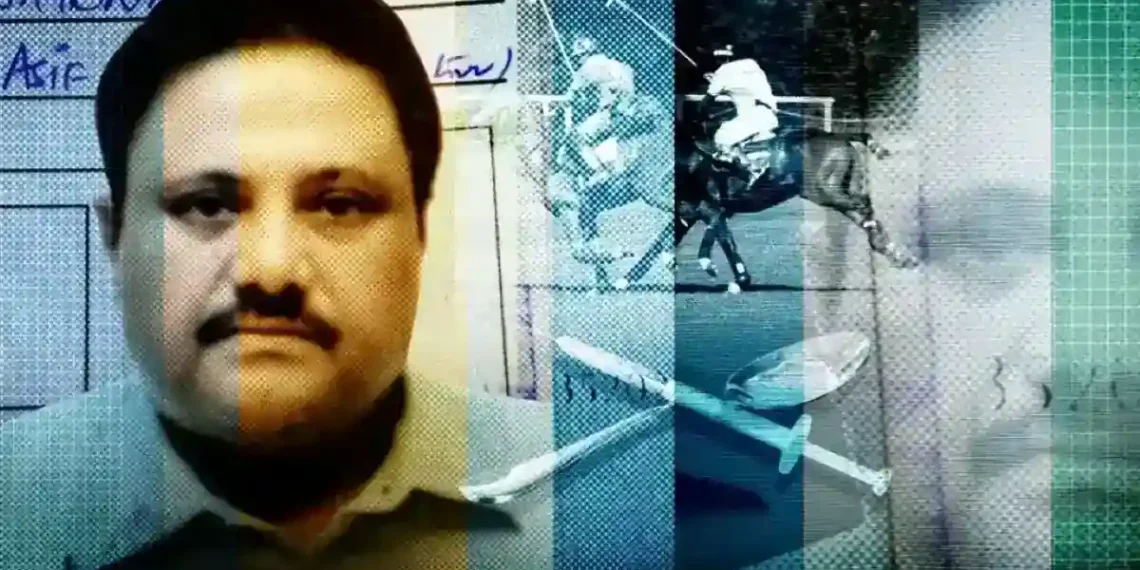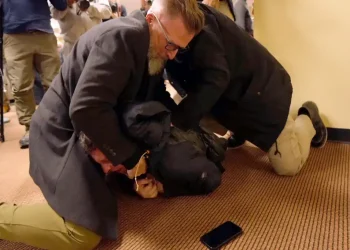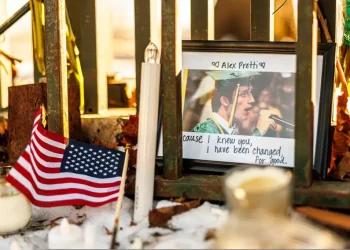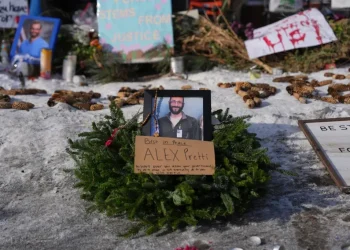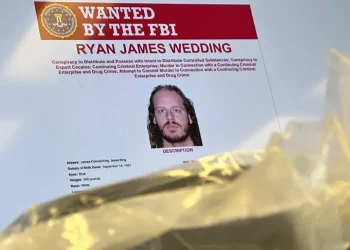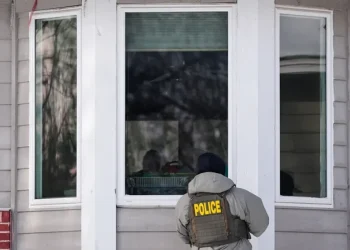Polo-Loving Drug Lord’s Double Life Finally Unmasked
Muhammed Asif Hafeez was, to many, a man living a life of prestige and respectability. A global businessman, ambassador to a well-known London polo club, and a familiar face among Britain’s elite—including members of the Royal Family—he appeared to be the picture of success and influence.
But behind this polished facade, Hafeez was leading a dark double life. Described by US officials as “one of the world’s most prolific drug traffickers,” he masterminded a sprawling international drug empire from his UK base. Supplying tonnes of heroin, methamphetamine, and hashish sourced from Pakistan and India, Hafeez’s criminal network reached across the globe.
Dubbed “the Sultan” in the underworld, Hafeez used a clever tactic: he played informant, tipping off authorities about rival gangs while eliminating competition for himself. His carefully constructed image as a “morally obliged” whistleblower was, in truth, a cover for his ruthless drug dealings.
From Lahore to London’s High Society
Born in 1958 into a comfortable middle-class family in Lahore, Pakistan, Hafeez’s early life was far from the criminal world he would later dominate. With a father who owned a factory, and personal training as a commercial pilot, Hafeez seemed destined for legitimate success.
In the 1990s, he founded Sarwani International Corporation, a legitimate-sounding umbrella company with subsidiaries spanning Pakistan, the UAE, and the UK. The company sold technical equipment, including drug detection gear, to militaries and police forces worldwide.
Under Sarwani’s banner were various ventures—textiles businesses, an Italian restaurant in Lahore tied to a London brand, and Tipmoor, a UK-based firm specializing in polo and equestrian services. These enterprises funded his luxurious lifestyle and secured him invitations to elite circles, including the prestigious Ham Polo Club. Photographs even show him and his wife mingling with Prince William and Prince Harry in 2009.
But the club distanced itself later, stating Hafeez was never a member and had no current ties.
Cracks in the Facade: Suspicion and Secrets
Former employees and insiders began sensing something was amiss. One ex-staff member in the UAE told the BBC about the strange lack of financial transparency—major deals were paid entirely in cash, with no bank records or paper trails.
Meanwhile, Hafeez’s letters to UK and UAE authorities, in which he reported rival drug cartels, bolstered his guise as an informant. These communications even earned him appreciation letters from government offices.
Yet courts across the UK and Europe saw through this act. They ruled that his tips were a strategic ploy to undermine competitors, not an act of conscience.
The Sting That Brought Down “The Sultan”
The turning point came in 2014 during a covert operation in Mombasa, Kenya. Two associates of Hafeez met a supposed Colombian buyer to showcase “100% pure white crystal heroin,” claiming it came from “the Sultan” himself.
What they didn’t know: the buyer was an undercover DEA agent. The meeting was filmed, marking the start of a major sting operation.
Key figures in the operation included the notorious Akasha brothers—leaders of a violent Kenyan cartel—and their associate, Indian national Vijaygiri “Vicky” Goswami. The DEA intercepted 99kg of heroin and 2kg of methamphetamine delivered to the fake buyers.
Though the Akasha brothers and Goswami were arrested and fought extradition for years, their communications revealed Hafeez as the major supplier—the elusive “Sultan.”
The Final Crackdown
In 2015, Goswami and Hafeez planned a massive methamphetamine production scheme involving the shipment of ephedrine from India to Mozambique. But the plan was foiled when Indian police seized 18 tonnes of ephedrine in 2016.
Hafeez himself was arrested in London in 2017, detained at high-security Belmarsh Prison, and fought extradition to the US for six years. Despite claims that his role as an informant and health issues like diabetes and asthma would put him at risk, courts denied his appeals.
Extradited in May 2023, Hafeez pleaded guilty in November to conspiring to import heroin, methamphetamine, and hashish into the US.
Privilege, Power, and a Prison Sentence
At his sentencing in New York, prosecutors highlighted the stark contrast between Hafeez’s privileged background and the devastating impact of his crimes.
Unlike many traffickers driven by poverty or lack of opportunity, Hafeez chose a life of luxury and power while profiting from deadly drugs that ruin communities worldwide.
He was sentenced to 16 years in prison, with his release expected in 2033.
The Takeaway
Muhammed Asif Hafeez’s story is a cautionary tale of how appearances can deceive. A man who mingled with royalty and portrayed himself as a guardian against crime was, in reality, orchestrating one of the largest drug operations in the world.
His downfall came through international cooperation, undercover operations, and relentless investigation—a reminder that even the most carefully crafted double lives can unravel.
This article was rewritten by JournosNews.com based on verified reporting from trusted sources. The content has been independently reviewed, fact-checked, and edited for accuracy, neutrality, tone, and global readability in accordance with Google News and AdSense standards.
All opinions, quotes, or statements from contributors, experts, or sourced organizations do not necessarily reflect the views of JournosNews.com. JournosNews.com maintains full editorial independence from any external funders, sponsors, or organizations.
Stay informed with JournosNews.com — your trusted source for verified global reporting and in-depth analysis. Follow us on Google News, BlueSky, and X for real-time updates.
